Life
Sign up for our newsletter
We summarize the week's scientific breakthroughs every Thursday.
-
 Life
LifeImmune protein explains skin diseases’ link to infection
Molecule called IL-29 protects people with psoriasis from viruses.
-
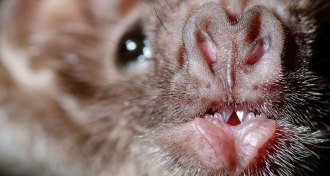 Animals
AnimalsVampire reality check
A vampire bat drinks one meal a night, and missing just three nights in a row would probably kill the animal.
By Susan Milius -
 Animals
AnimalsFeedback
Readers respond to "Collision course" and "The tune wreckers" from our September 21 issue, plus some feedback on the new website.
By Science News -
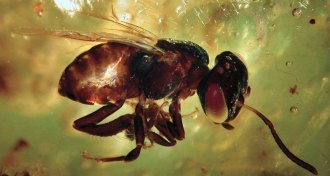 Paleontology
PaleontologyDinosaur dreams dashed
Fans of 'Jurassic Park' may be disappointed (or possibly relieved) to learn that you can’t get ancient DNA from amber.
-
 Life
LifeKiller cells trained on leukemia may protect some people
Immune system seems to remember cancer in people who've never had it, a new study suggests.
-

-
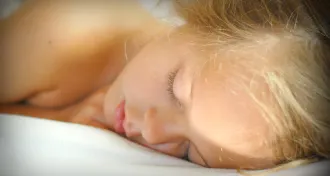 Neuroscience
NeuroscienceScented naps can dissipate fears
People unlearned an odor's unpleasant accompaniment when they smelled it in their sleep.
-
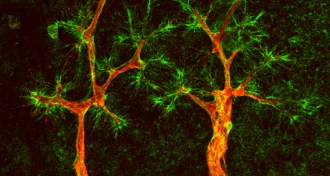 Life
LifeProtein injection triggers vessel repair
Retina blood lines regrow when treated with angiopoietin-1, a new study suggests.
-

-
 Life
LifeLetters to the editor
Sleepless on a schedule, Edison's rubbery discovery and monogamy not just for men.
By Science News -
 Animals
AnimalsMERS virus jumped several times from animals to humans
More than one person caught new illness from bats, camels or other creatures.
-
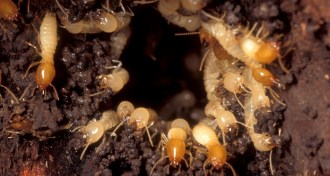 Ecosystems
EcosystemsFeces in termites’ nests block biological pest control
Built-in poop nourishes bacteria that protect notorious Formosan species.
By Susan Milius